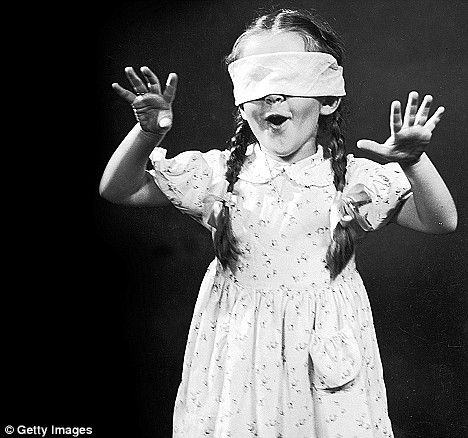It’s no surprise that once President Obama adopted Heritage Foundation ideas for his signature health-care legislation that conservatives turned on policies that originated with them. A great deal of political bias–or any kind of prejudice–comes from a seemingly natural, perhaps evolutionary, inclination to favor who and what reminds us of ourselves. Even a degree of self-knowledge doesn’t seem to mitigate this tendency. Everything, including the jury system, is compromised by such urges. The opening of “What, Me Biased?” by Tom Jacobs at Pacific-Standard:
“Pretty much all of us are prone to ‘bias blindness.’ We can easily spot prejudice in others, but we’re oblivious to our own, insisting on our impartiality in spite of any and all evidence to the contrary.
Newly published research suggests this problem is actually worse than we thought. It finds that even when people use an evaluation strategy they concede is biased, they continue to insist their judgments are objective.
‘Recognizing one’s bias is a critical first step in trying to correct for it,’ writes a research team led by Emily Pronin and Katherine Hansen of Princeton University. ‘These experiments make clear how difficult that first step can be to reach.'”
Tags: Katherine Hansen, Tom Jacobs

